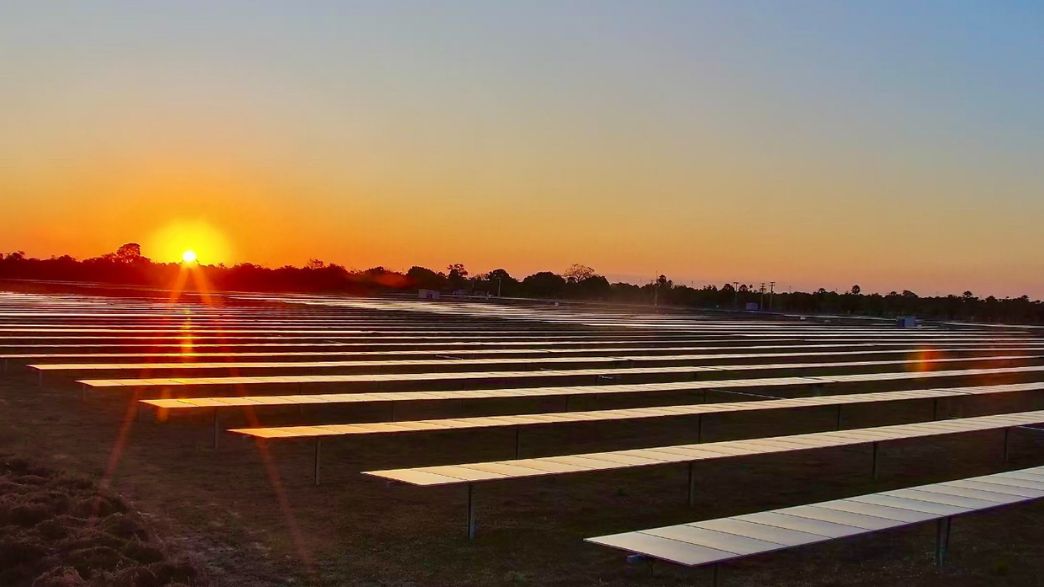The energy transition is an increasingly present reality in Brazil, and the state of Piauí has stood out in this scenario. Rio Poti Energia, a company of the GNPW group, has been one of the protagonists of this change, investing in the development of sustainable and environmentally responsible generation projects.
Recently, the company completed the installation of two solar plants in the state, one in the municipality of Altos and the other in Campo Maior. Both plants, which are already in operation, do not emit polluting gases and have low maintenance costs, adding savings in energy consumption contracts under the Public Private Partnership (PPP).
The Altos plant, with 3816kWp of installed power and 7,068 solar panels, employed 40 workers during construction and now has three employees in operation. The energy produced is enough to meet the demand of the Treasury Department of Piauí, generating 650,000kWh per month.
The Campo Maior plant, with 3,755kWp of installed power and 6,954 panels, employed 50 workers during construction and also has three employees in operation. The energy produced is destined to the Secretariat of Administration of Piauí, with a production of 650,000kWh per month.
In addition, the GNPW Group, in consortium with V-Power Energia, recently won a PPP auction for the installation of a photovoltaic plant in Santa Cruz, in the Solário Carioca project. The solar energy farm will be installed in an old disused sanitary landfill and the energy generated will supply public properties, allowing annual savings of R$ 2 million in the municipality’s bills.
Piauí has stood out in the generation of renewable energy, with actions such as the Clean Energy PPP, which is implementing eight photovoltaic mini-plants with approximately 5MW of capacity each. The forecast is that these plants will start operating by the end of the year, making the state self-sufficient in the supply of energy for state administration bodies.
In addition, the state is investing in professional training for the renewable energy sector. The Center for Training and Research in Renewable Energies of Piauí (NUFPERPI), in partnership with the State University of Piauí (UESPI), has already benefited more than 200 people in several municipalities in the interior of Piauí and even other states such as São Paulo and Mato Grosso .
The energy transition is a global process, and organizations such as the International Renewable Energy Agency (IRENA) and the Intergovernmental Panel on Climate Change (IPCC) play a key role in this process. IRENA promotes the adoption and sustainable use of all forms of renewable energy, emphasizing that the transition to clean energy sources is not only an issue of environmental sustainability, but also an economic opportunity. The agency points out that renewable energy can boost economic growth, create jobs and improve access to energy in rural areas.
On the other hand, the IPCC provides scientific assessments of climate change and its policy implications. The panel emphasizes the urgent need to reduce greenhouse gas emissions and sees the transition to clean energy as one of the most effective strategies to achieve this goal. According to the IPCC, the energy transition can significantly contribute to the mitigation of climate change, reducing greenhouse gas emissions and limiting global warming to 1.5 degrees Celsius.
GNPW, holder of the Rio Poti Energia concession, is in line with the guidelines of these global organizations. By investing in solar plants in Piauí, the company is not only contributing to the energy transition in Brazil, but also helping to mitigate climate change. Through its actions, GNPW is demonstrating that clean energy is not only a sustainable alternative, but also a viable and profitable business opportunity.

Comment